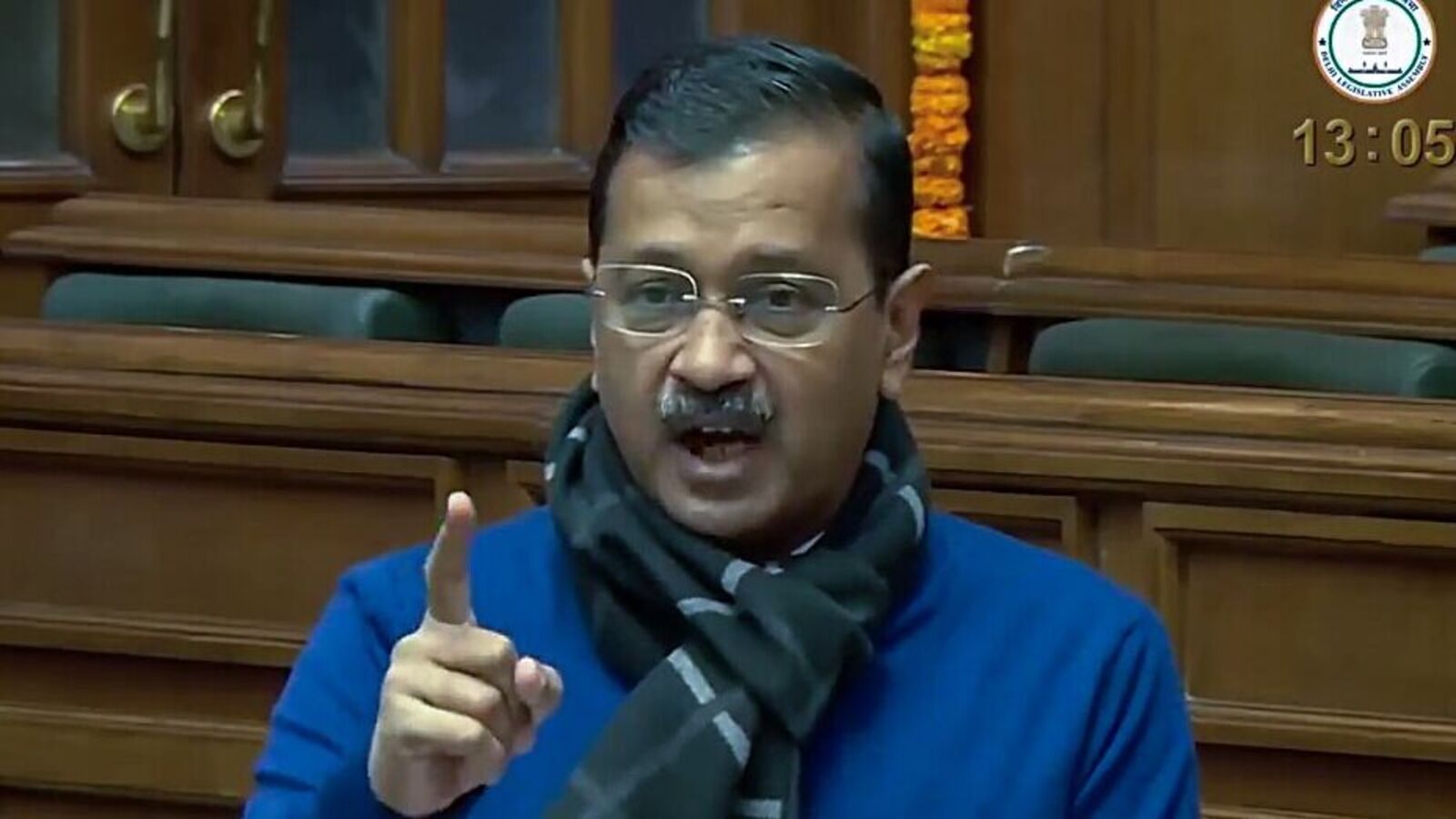


The three new criminal laws brought into force recently have not introduced any dramatic changes or decolonised the law, Senior Advocate and former Delhi and Orissa High Court judge Justice Dr. S Muralidhar said on Sunday.Dr Muralidhar highlighted that even after 76 years of independence, certain aspects of criminal law remain unchanged, citing the Criminal Law Amendment Act of 1908, which is still used to ban organizations."So, don't get taken away by the statements that you hear that these three new (criminal) laws, have got about dramatic change and decolonised the law. None of that stuff," Dr Muralidharremarked.He was delivering a lecture on the theme 'Guilty Till Proved Innocent: Dark Areas of Criminal Jurisprudence' as part of Rakesh Endowment Lecture series for Justice and Equity organised by Rakesh Law Foundation & Roja Muthiah Research Library in Chennai.In his address, Justice Muralidhar said that the Defence of India Act of 1915 is the basis for post-independence preventive detention laws. He explained that the bail provisions within the statute serve as the precursor to the twin test seen in identical provisions in a string of statutes like Unlawful Activities (Prevention) Act (UAPA), Prevention of Money Laundering Act (PMLA) and the Companies Act.Further, on Article 22 of the Constitution of India which allows preventive detention, Dr Muralidhar asserted that preventive detention statutes are supposed to be temporary measures in emergency situations.However, it has become a legislative habit to govern through preventive detention and a judicial habit not to interfere with such preventive detention, he said, quoting Prof Upendra Baxi.However, the fight must go on, Dr Muralidhar stated, highlighting that the new criminal laws address none of the issues mentioned in the Law Commission's 277th report on compensation for those maliciously prosecuted.He pointed out that Section 358 of the Indian Penal Code (IPC) which gives a mere ₹1,000 as compensation for wrongful arrest, has been retained in Bharatiya Nyaya Sanhita (BNS). Section 211, which deals with framing of a false case, also offered little or no compensation and has also been retained in the new law, he highlighted."It does not talk of encounters, of disappearances, it does not talk of mass crimes. It does not talk of crimes against humanity. The new laws don't address the real issues where human rights violations are taking place with impunity in our country. It is not just about the IPC but a string of special and local laws," Dr Muralidhar said.Also Read
Bharatiya Nyaya Sanhita, 2023: New and repealed provisions, drafting errors and moreTowards the end of his lecture, Dr Muralidhar encouraged students aspiring to be criminal lawyers to have role models to emulate and to not take for granted somebody's status as a criminal until they are themselves satisfied."As a lawyer, you should know that whatever is told to you that "This person is a criminal, a terrorist", don't take it for granted. Question it. Ask to besatisfied," he said.As a lawyer, one has to stand for whatever a person has to present before a court. He emphasised on right to silence of an accused, right against self incrimination and the right to call for non-action on their statement to a police officer."Don't twist facts or evidence but please place the case that the person has before the Court. That is your fundamental duty as a professional. Just like a doctor will not refuse to operate on a terrorist who needs a heart surgery or a kidney transplant, you as a lawyer should not make these choices. Leave it to the Courts. The Courts will decide whether the person is guilty or not. You do your fundamental professional duty of defending the person to the best of your ability," Dr Muralidhar said.
TAGS: Criminal laws Decolonised law Defence of India Act Preventive detention Bail provisions